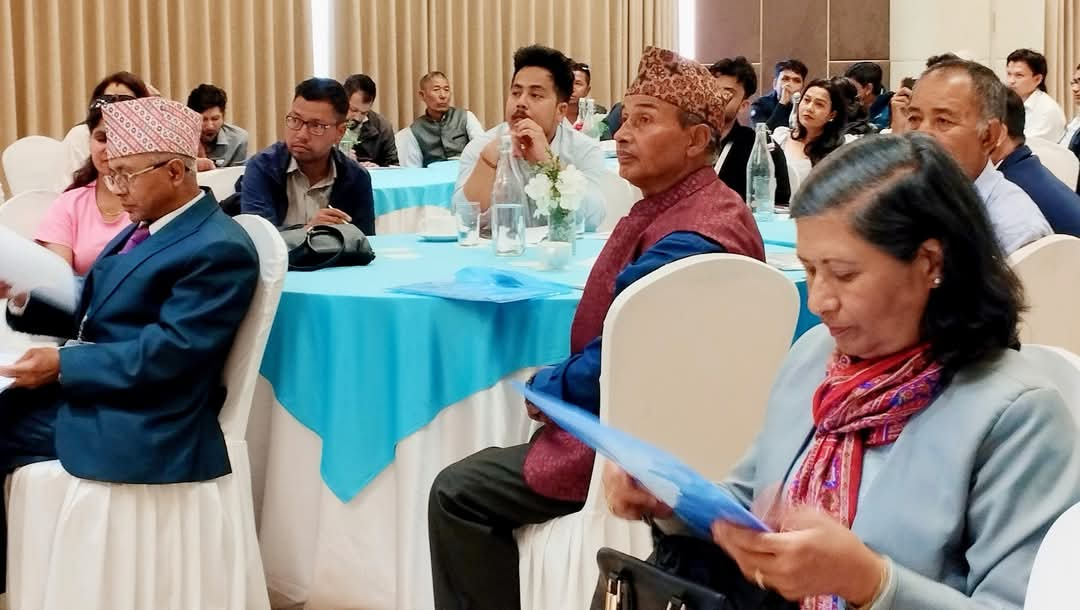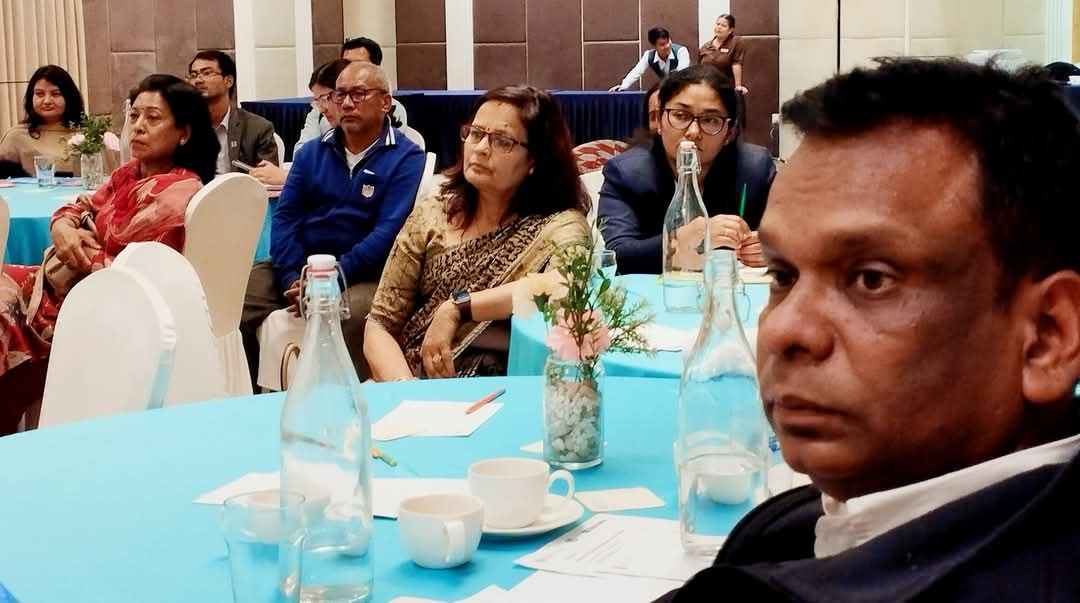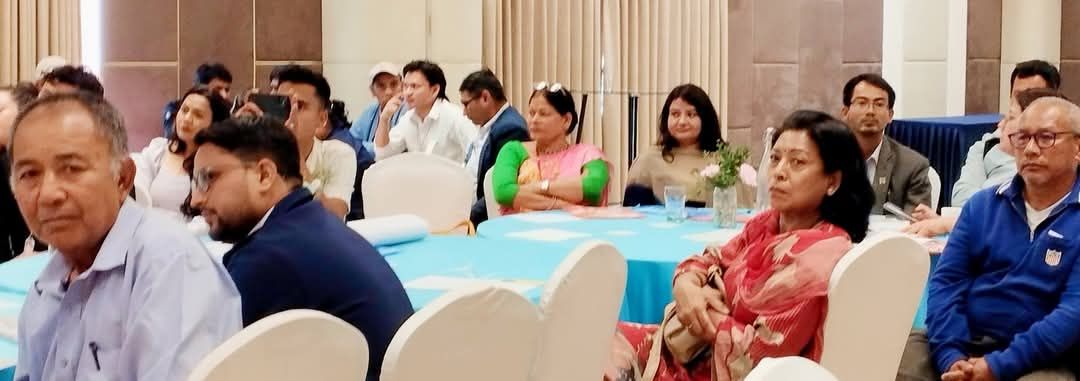Lalitpur, Nepal – In a significant step towards enhancing the livelihoods of small-scale beekeepers and honey processors, Nepal has launched the "Market Access Programme for the Nepalese Honey Value Chain" (GMAP Nepal). This initiative, implemented under the Global Market Access Programme (GMAP) and funded by the Government of Norway, is executed by the United Nations Industrial Development Organization (UNIDO).
The program aligns with Nepal’s National Trade Integration Strategy (NTIS) 2023, which recognizes honey as a high-potential export commodity. The Agricultural Development Strategy (ADS, 2015–2035) further emphasizes honey production as a niche sector for economic growth. Despite challenges such as weak infrastructure and limited business environments, the initiative focuses on supporting micro, small, and medium enterprises (MSMEs) to overcome these barriers.
Key Objectives and Outcomes
The GMAP Nepal program aims to improve the technical capacity of national institutions and MSMEs to produce and market high-quality honey. Three major outcomes are outlined:
1. Enhanced Technical Competence: Strengthening the national quality infrastructure system through institutional development and capacity-building programs.
2. Compliance with Standards: Providing MSMEs with technical support to meet international standards and regulatory requirements.
3. Promotion of Quality Culture: Raising awareness of quality assurance among stakeholders, fostering knowledge-sharing, and supporting research initiatives.
District-Level Stakeholder Workshop Held
As part of its implementation efforts, a district-level stakeholder project orientation workshop was held today at Square Hotel in Lalitpur. The workshop brought together representatives from various honey-producing districts, MSMEs, cooperatives, and policymakers. Discussions centered on the project's objectives, key interventions, and the roles of local stakeholders in promoting high-quality honey production.
Participants highlighted the importance of collaborative efforts to address challenges in the honey sector, including enhancing compliance with international standards and improving market access for Nepalese honey products.
Project Highlights
Targeting honey-producing districts such as Kathmandu, Bhaktapur, Makwanpur, Chitwan, Kaski, Palpa, and Sarlahi, the project will benefit small-scale producers, cooperatives, and traders. With a budget of €1,379,956, it will run for 48 months (2024–2028).
The initiative collaborates closely with Nepal’s Ministry of Agriculture and Livestock Development (MoALD) and the Centre for Industrial Entomology Development (CIED). These organizations will ensure a cohesive approach to meeting project goals.
Building Sustainable Development
This collaboration reflects Nepal's commitment to sustainable agricultural practices and export diversification. Speaking on the project’s vision, Ms. Manju Chhetri, Project National Quality Infrastructure Expert under the Division of MSME Competitiveness, Quality and Job Creation along with Competitiveness, Quality and Compliance Unit at UNIDO, emphasized the need for quality-focused interventions to compete in international markets.
Similarly, National Technical Coordinator Mr. Jagadish Bhakta Shrestha highlighted the program's emphasis on empowering rural communities and ensuring access to advanced tools and knowledge.

As Nepal strengthens its honey value chain, this initiative represents a significant milestone in promoting economic growth, environmental sustainability, and global market access.